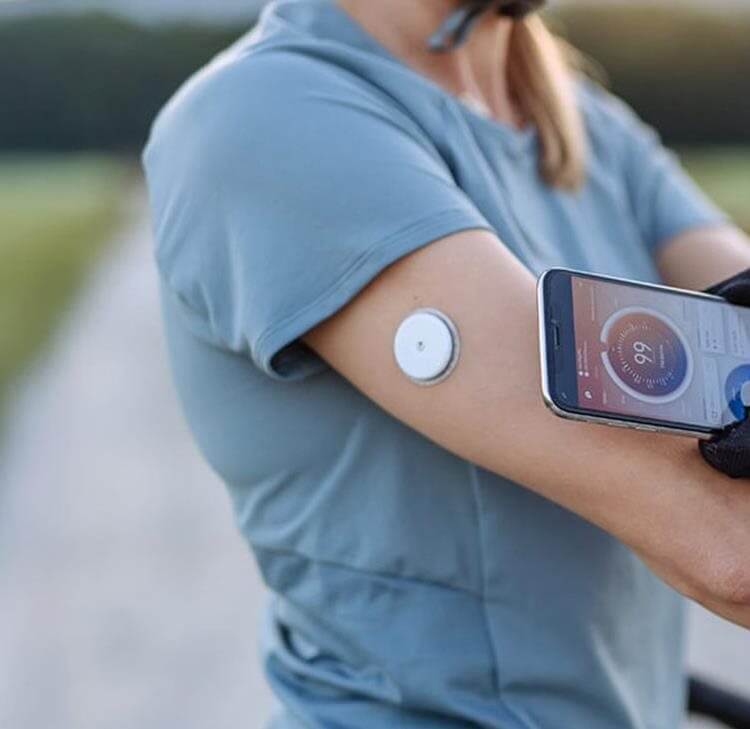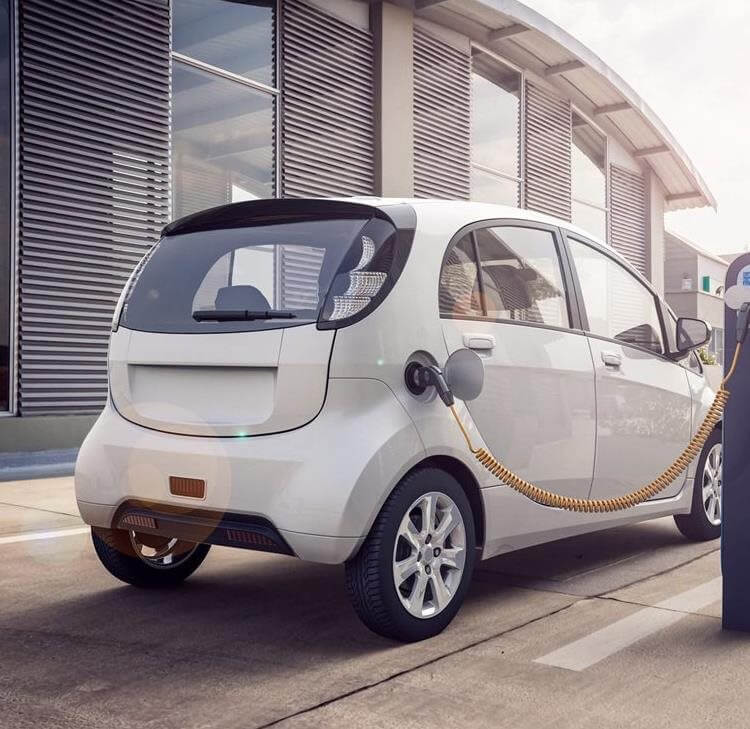
How AI and technology can transform the healthcare sector
This article was first published in October 2022 by Healthcare Digital.
Kay Chand, partner at Browne Jacobson, explores how AI and technology can make the healthcare industry a more streamlined and effective system.
How utilising AI and technology can transform the healthcare sector
Digital solutions, including AI and machine learning, are key components in transforming the health and social care sector:
- This can enable better collaboration and communication across Integrated Care Systems and other service providers
- Assist the reduction of backlogs by use of technologies facilitating hospitals at home/virtual wards
- Provide improved patient outcomes through use of medical devices
- Provide freedom of choice for patients nationally and ultimately globally if a common standard is implemented to facilitate data interoperability
- Build more efficient working practices for clinicians and other staff
However, transformation is not what the healthcare system needs. In an industry where many trusts are still using paper based medical records, the key priority is to level up rather than to transform.
Digital transformation and why it is integral in updating the UK’s healthcare system
In June 2022, the plan for Digital Health and Social Care was launched. It recognises that making the right national and local decisions on digital now will put the health and social care system in a position to deliver four goals of reform identified by the Secretary of State, namely:
- Prevent people’s health and social care needs from escalating
- Personalise health and social care and reduce health disparities
- Improve the experience and impact of people providing services
- Transform performance
In addition we know that the NHS is suffering from huge backlogs, waiting times for patients awaiting medical treatment which are too long, there are workforce challenges and challenges regarding operational efficiency and resilience. Health and social care in the future may be an intelligent ecosystem supporting the entire patient care journey.
Without digital solutions, our healthcare system would be inefficient and unreliable and fundamentally not able to cope with the complex challenges and issues that it has to deal with every day. Digital solutions, whilst not a panacea, go a long way in overcoming the plethora of issues facing the system.
Smart hospitals and medical devices: What this new healthcare system might look like
Our health and social care system in the long future could be a mixture of smart hospital buildings, with state of the art medical devices and back office systems utilising machine learning and seamless communication across integrated care systems in a secure, stable and resilient manner.
Data interoperability will be key and so in turn, platform standardisation will also be a key pillar to achieving the digital future of healthcare. This will be on a global scale so that a patient’s medical history will follow, wherever the patient may be in the world.
What digital healthcare systems are already in place
During the COVID-19 pandemic, we have seen an acceleration of the use of digital through various software applications and remote GP appointments.
In the short to medium term, the focus is on levelling up with EPR systems, reducing the backlog with the support of virtual wards and the recruitment and retention of talent through the use of smart back-office systems.
However, we are seeing refreshed/upgraded technologies to provide hospital-at-home solutions. We are also seeing continuing advancements in medical devices and hospital facilities such as robotic arms carrying out remote surgeries and smart hospital beds.










![Contractual liability for all inclusive treatment: Bartolomucci v Circle Health Group Limited [2025]](/getattachment/95f9533b-f99c-4fcc-b8d5-3f93904b8242/shutterstock_1265400856.jpg?variant=HeroImageTabletVariantDefinition)






























